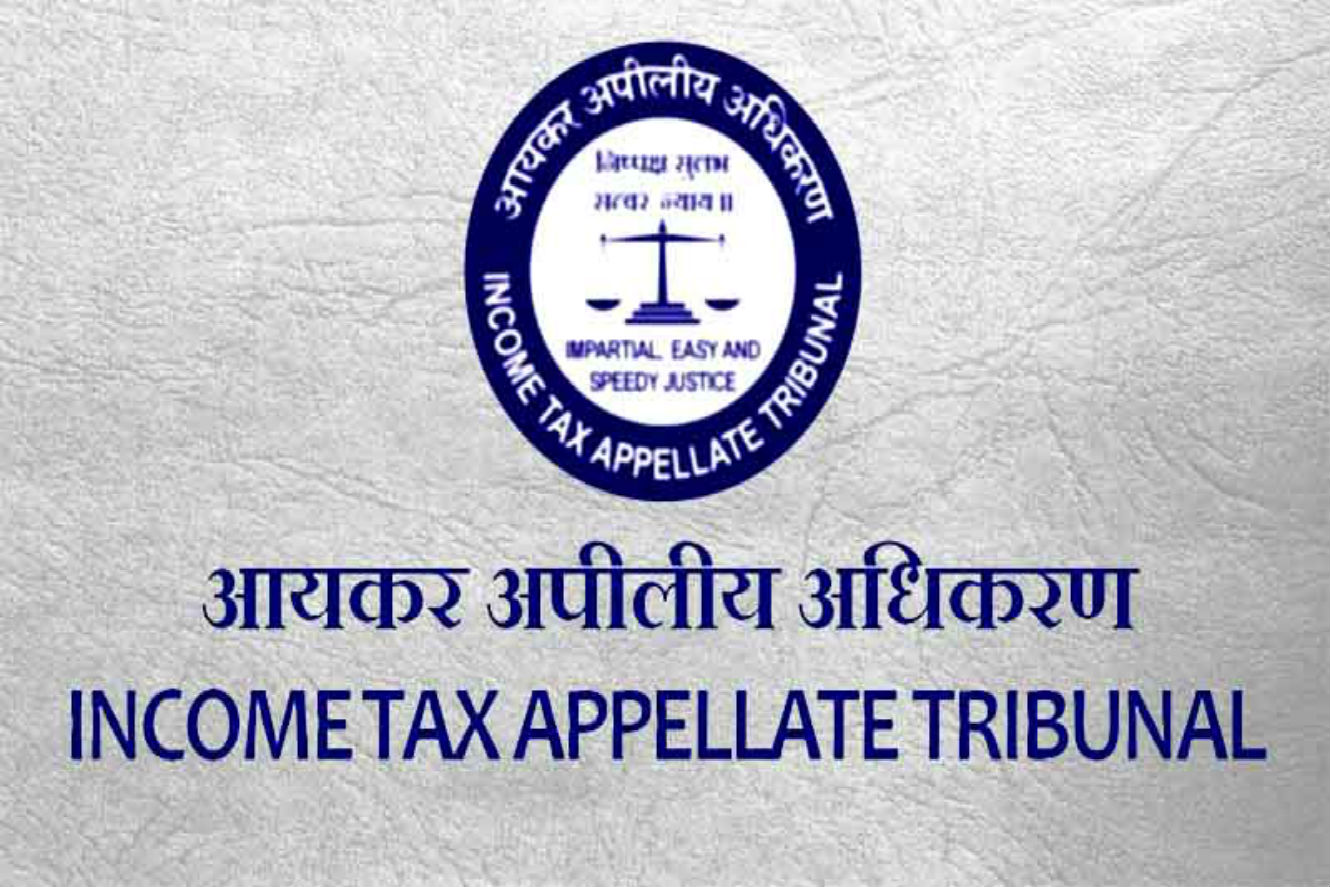Richard Garth, C.J.@mdashThe accused presented a bond for registration on the 18th December 1879. This bond is said to have been originally dated the 6th August 1879. If this date had remained, the instrument was presented after the time within which such an instrument must be by law presented for registration. The accused is said to have altered the date to the 26th August in order to bring the bond within time; or to have presented it for registration, knowing that the date had been so altered. It appears to us that the alteration of the date under these circumstances is not forgery, as there is nothing to show that it was done "dishonestly or fraudulently" within the meaning of Clause 2, Section 464 of the Penal Code.
2. It is not contended that the bond itself was not genuine, or that the accused intended to support a false claim by a false bond. It is clear that his intention in altering the date of the bond was to cause the registering officer to entertain an erroneous opinion touching a point material to the result of the registration proceedings; and this being so, his acts constituted fabricating false evidence (Sections 192, 193, Penal Code), and using fabricated evidence (Section 196, Penal Code)
3. In this view of the Law, and as the Sessions Judge did not take a serious view of the offence committed, we reduce the sentence of imprisonment to two months'' rigorous imprisonment. The sentence of fine will stand.

